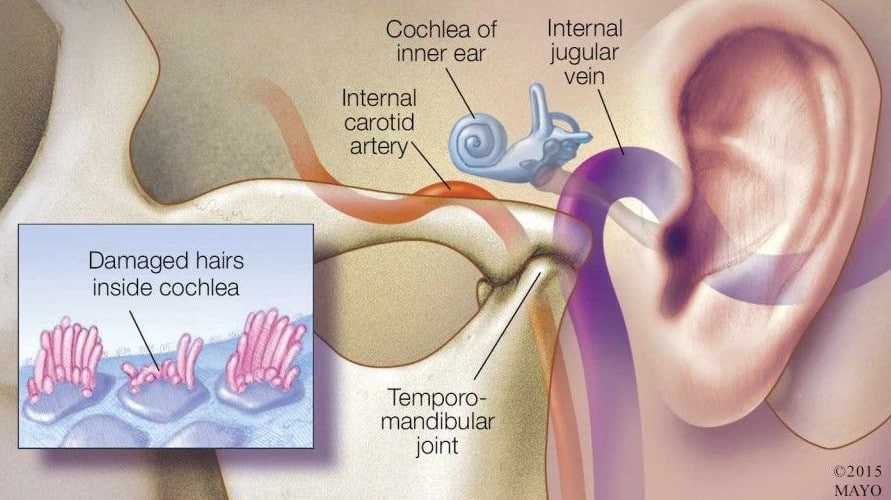TMJ disorders are commonly from muscle disorders and sometimes due to the joint (TMJ).
Simple jaw massages, warm compresses and gentle exercises can often provide a lot of relief. Massaging the temples and in front of the ears in circular fashion for 30 seconds each followed by warm compress can provide relief in masseters and…



